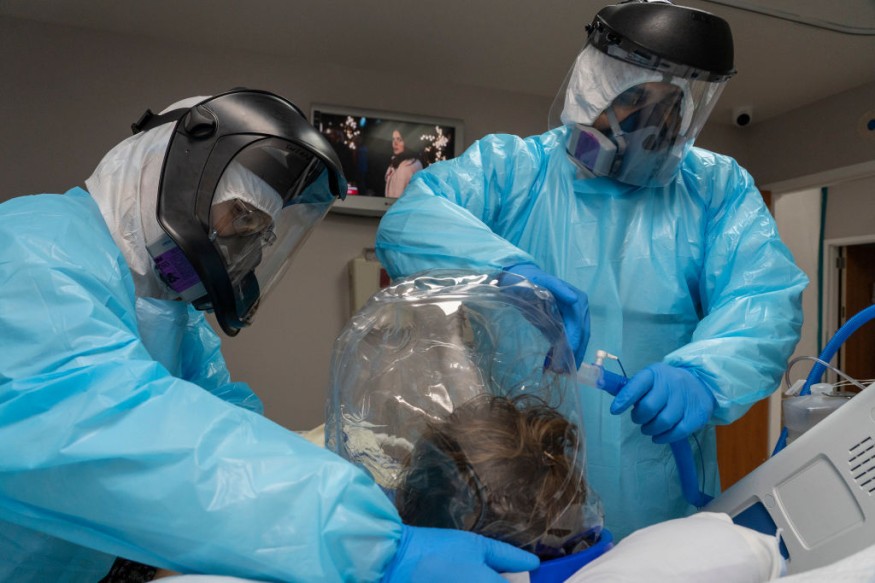Hospitalized adults treated with an arthritis drug called baricitinib, in addition to COVID treatment programs, are found to recover faster, even in more serious cases of the highly contagious disease.
With support from the National Institute of Allergy and Infectious Diseases, the results of the government-sponsored clinical trials were published in The New England Journal of Medicine (NEJM) last December 11. The study, including 1033 adult patients, utilized a double-blind, randomized, placebo-controlled study that evaluated the effect of adding baricitinib to remdesivir as a COVID-19 medication strategy.

Addressing Dysregulated Inflammation in COVID-19 Patients
In the study background, researchers noted that severe cases of the coronavirus disease 2019 (COVID-19) had been associated with dysregulated inflammation. This prompted the inquiry into baricitinib, a Janus kinase (JAK) inhibitor, as an additional medication for the disease. As a class of medicines, Janus kinase inhibitors are used to treat various hematologic and inflammatory diseases.
RELATED ARTICLE: COVID-19: Arthritis Drug Saves 72-year-old Critically Ill Patient with Grim Condition
For the arthritis drug's clinical trial, all patients received remdesivir as a part of their COVID treatment. With 515 participants, one group was administered with baricitinib while the control group, with 518 participants, was placed on placebo. Patients who received the additional arthritis drug had a median recovery time of about 7 days, compared with the 8 days observed in the control group. Additionally, baricitinib administered patients showed 30 percent higher odds of clinical status improvement after two weeks.
The advantage of baricitinib-remdesivir was more magnified in more serious cases of COVID-19. Patients receiving high-flow oxygen or ventilation before receiving the combination medication had a recovery time of 10 days, compared to 18 days for the placebo group. The use of both medicines was also found to be associated with less serious adverse events after.
The study's trial protocols earned approval by the institutional review board for each applicable site and overseen by an independent data and safety monitoring board. Consent was also secured from either the patients or their legally authorized representatives as deemed necessary.
An Evidence for the Dual Treatment Program
The New York Times article noted that this study follows the Food and Drug Administration's emergency use authorization for the JAK inhibitor-supported COVID-19 medication. This recommendation was met with a lukewarm response from the medical community, as experts worry about the treatment regimen that lacks data to support this recommendation. With treatment costs ranging from about $1,500 per patient, medical professionals are unsure about its use, which overlaps with other alternatives such as dexamethasone. This cheaper and widely available steroid has also been found to improve survival rates for seriously ill patients diagnosed with COVID-19.
Even remdesivir, among the primary treatment options for the contagious disease, has received a negative opinion from the World Health Organization from lack of evidence for its efficacy. The WHO rejected remdesivir almost a month ago after its expert panel reviewed prior medical trials that supposedly showed Gilead's medication's inability to improve recovery or survival rates for COVID victims significantly.
RELATED ARTICLE: COVID 19: Pfizer Teams up With Gilead to Manufacture Remdesivir
"I think the data clearly supports a role for baricitinib," Dr. Boghuma Kabisen Titanji said. Dr. Titanji is an infectious disease physician at Emory University who also worked on early baricitinib studies as a possible COVID medication.
Check out more news and information on COVID-19 in Science Times.
© 2026 ScienceTimes.com All rights reserved. Do not reproduce without permission. The window to the world of Science Times.












